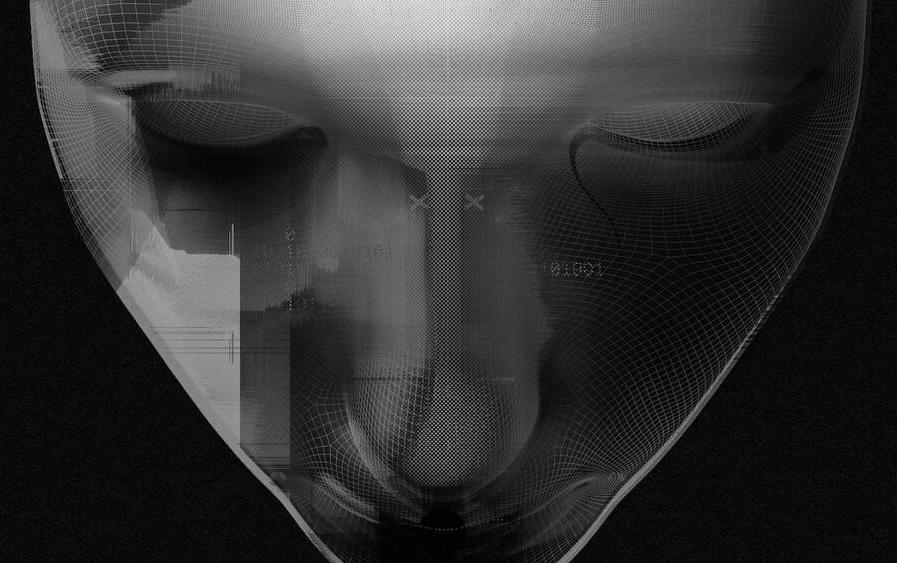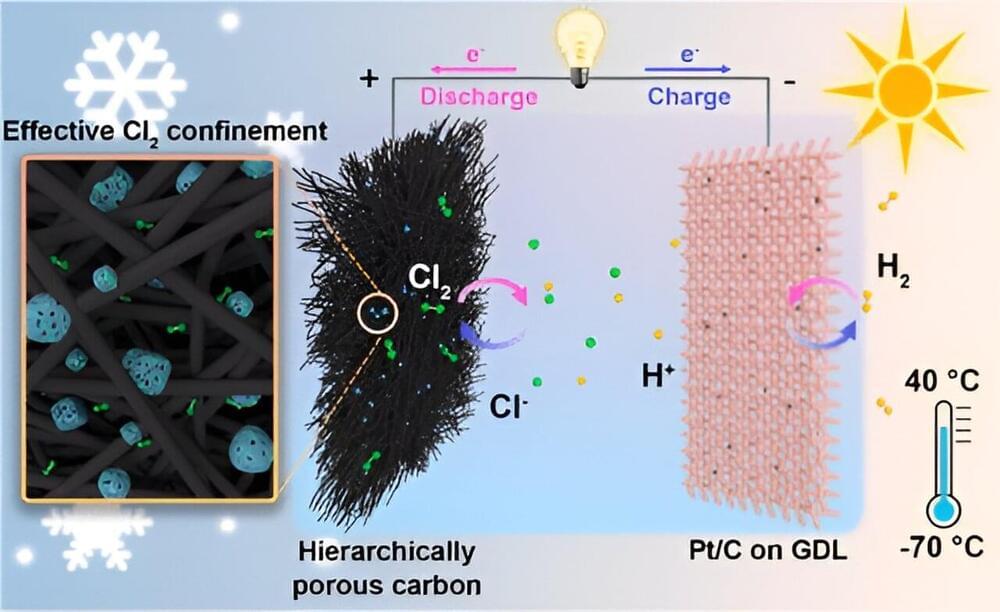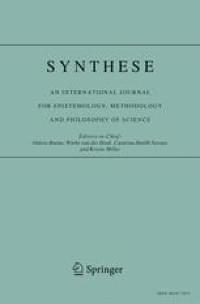Last year Swiss Re and Waymo launched a research partnership to define a standard for assessing the risk of autonomous vehicles. One year after that announcement, they are publishing a study that uses real-world data to compare the safety performance of autonomous vs human-driven vehicles. Notably, this is the first time that a robust and significant liability claims dataset is being used to compare the safety performance of autonomous and human drivers.
In fact, Swiss Re was able to produce mileage-and zip-code-calibrated (human driver) private passenger vehicle baselines, against which Waymo’s third party liability insurance claims data were compared. Swiss Re’s baselines, for the specific areas considered, are extremely significant, as they come from over 600,000 claims and over 125 billion miles of exposure.
The results of the research are exciting both for the insurance industry and the safety community alike: in over 3.8 million miles driven without a human being behind the steering wheel in rider-only mode, the Waymo Driver (Waymo’s fully autonomous driving technology) incurred zero bodily injury claims in comparison with the human driver baseline of 1.11 claims per million miles. The Waymo Driver also significantly reduced property damage claims to 0.78 claims per million miles in comparison with the human driver baseline of 3.26 claims per million miles.









